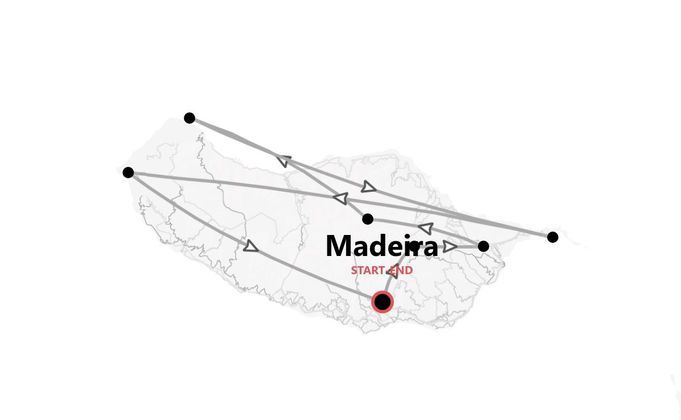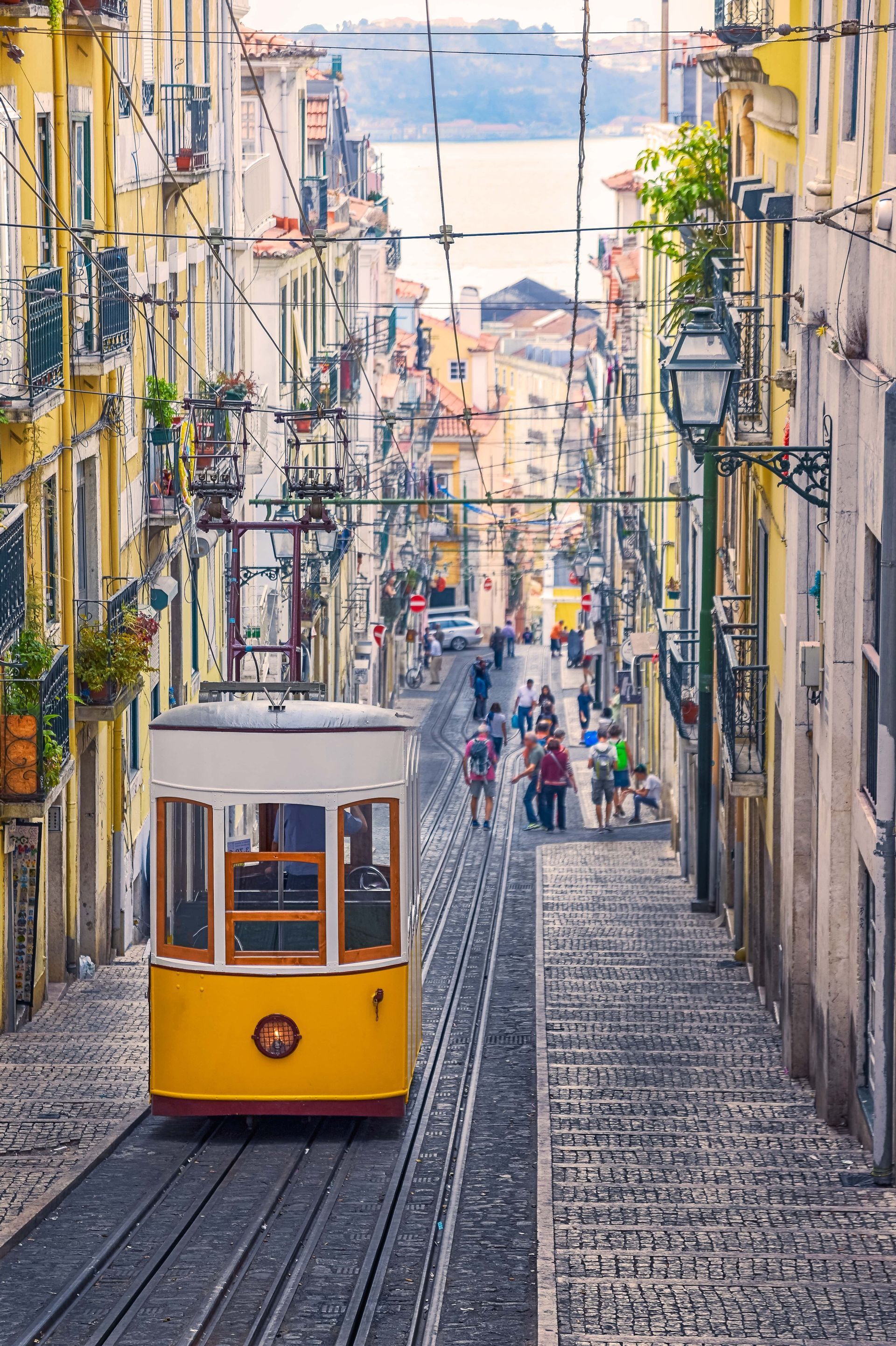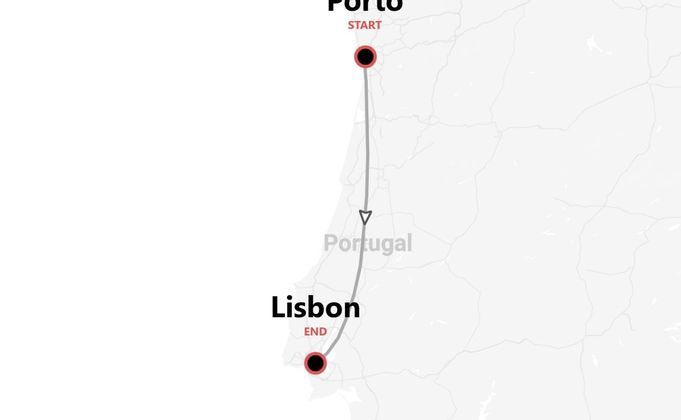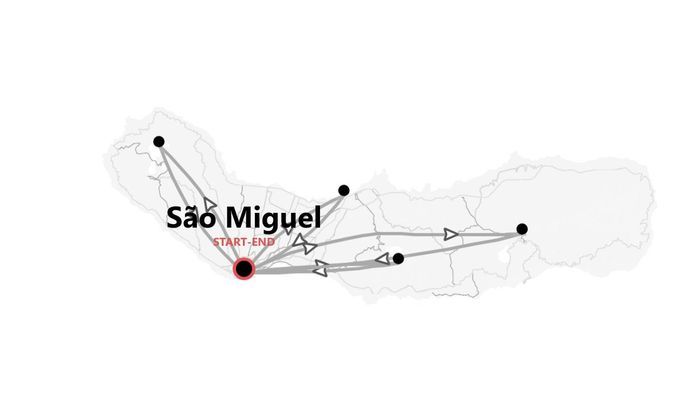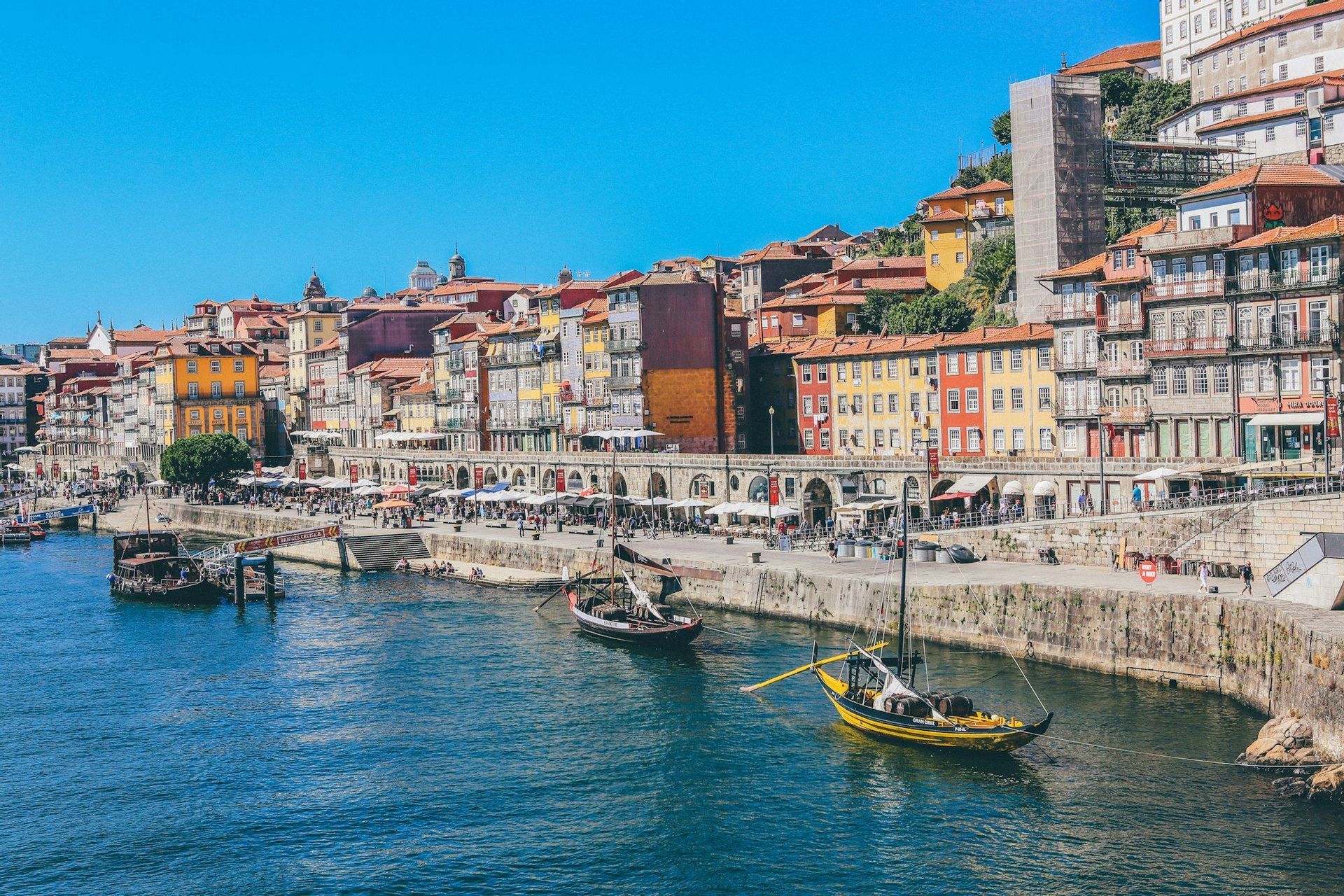
Group trips to Portugal
Our organized trips to Portugal
More than just Europe's westernmost edge, Portugal is a land of captivating contrasts where ancient maritime history pulses alongside a vibrant modern spirit, and dramatic natural landscapes unfold into rich cultural traditions. From the soulful alleys and historic trams of Lisbon, a city brimming with Fado melodies and innovative cuisine, to the breathtaking terraced vineyards of the Douro Valley, a UNESCO World Heritage site, and the sun-kissed golden beaches of the Algarve, Portugal offers an unforgettable tapestry of experiences. It beckons to dreamers, epicureans, and adventurers alike, inviting them to discover its authentic charm and warm hospitality at every turn.
FAQs about Portugal
If you are a UK citizen, to find out the entry requirements for Portugal, you can check this informational page from our partner Sherpa. If you need a visa, you can apply for it through Sherpa. If you are not a UK citizen, you can still use Sherpa by changing the nationality in the 'Passport' section.
Before traveling, always remember to check the government website of your country of origin for updates on the entry requirements for Portugal – you wouldn’t want to stay home due to a bureaucratic detail!
- UK residents: review the FCDO Travel Advice.
- US residents: consult the US Department of State Travel Advice.
- Other residents: refer to your government or local consulate's travel advice.
Portugal is in the Western European Time Zone (WET), which is the same as Greenwich Mean Time (GMT). During daylight saving time, it switches to Western European Summer Time (WEST), which is GMT+1.
Here's how it compares:
- If it is 12pm in the UK, it will also be 12pm in Portugal during standard time, and 1pm during daylight saving time.
- If it is 12pm in New York, USA, it will be 5pm in Portugal during standard time, and 6pm during daylight saving time.
Portugal observes daylight saving time from the last Sunday in March to the last Sunday in October.
Portugal uses the Euro (EUR) as its currency. The exchange rates can vary, but as a general guideline:
- 1 GBP is approximately 1.15 EUR
- 1 USD is around 0.92 EUR
- 1 EUR is equivalent to 1 EUR
You can exchange currency at banks, exchange bureaus, and some hotels.
In Portugal, you can pay using credit cards, debit cards, and cash. Major credit cards like Visa and Mastercard are widely accepted, but it’s always a good idea to have some cash for smaller businesses and markets that might not accept cards. ATMs are readily available across the country for withdrawing euros.
If you plan on using a card, make sure to check if your bank charges foreign transaction fees. Contactless payments with smartphones and wearables are also becoming more common in Portugal.
Tipping in Portugal is appreciated but not mandatory. If you receive excellent service, leaving a tip of around 5 to 10 percent is a nice gesture. In restaurants, it's common to round up the bill or leave some change if the service was good. For taxi drivers, rounding up the fare is usually sufficient. Hotel staff like porters and housekeeping appreciate small tips, but it's not expected. Always check your bill first, as some places might include a service charge.
In Portugal, the internet is generally reliable with good coverage. If you're from Europe or the Schengen area, you can use your phone plan's roaming service without extra charges. For travelers outside these areas, consider buying a local SIM card or an e-SIM data plan for more convenience. Popular providers include MEO, NOS, and Vodafone, which you can find in airports and major cities. Wi-Fi is widely available in hotels, cafes, and public spaces, so staying connected shouldn't be a problem.
In Portugal, the official language is Portuguese. It's a beautiful and expressive language, and you might find it helpful to know a few colloquial expressions for your travels. Here are some you might hear or use:
- Hello: Olá
- Thank you: Obrigado (if you're male), Obrigada (if you're female)
- Please: Por favor
- Excuse me/Sorry: Desculpe
- Yes: Sim
- No: Não
Knowing these phrases can help you navigate through your trip and connect with locals.
In Portugal, you'll find Type C and Type F plugs, which are the standard European plugs with two round pins. The voltage is 230V and the frequency is 50Hz. If you're coming from the UK, USA, or other countries with different plug types, we suggest you bring a universal adapter to ensure you can charge your devices without any hassle.
The main religion in Portugal is Roman Catholicism, with a significant majority of the population identifying as Catholic. Religious holidays are widely celebrated, with Easter and Christmas being notably important. While the country is predominantly Catholic, Portugal is generally quite tolerant and diverse in terms of religious practice. It's always a good idea to be respectful of religious customs and traditions when visiting.
Packing for Portugal can be exciting, as you get to enjoy a mix of culture, beach, and nature. Here’s a handy list to help you organize your backpack:
-
Clothing:
- Light t-shirts and tops
- Shorts and skirts
- A light jacket or sweater for cooler evenings
- Swimwear for the beaches
- A dress or a nice shirt for evenings out
-
Shoes:
- Comfortable walking shoes
- Sandals for the beach
- Dress shoes or nice sandals for dining out
-
Accessories and Technology:
- Sunglasses and hat
- Reusable water bottle
- Phone charger and power bank
- Camera or smartphone for photos
-
Toiletries and Medication:
- Sunscreen and after-sun lotion
- Basic toiletries like toothbrush, toothpaste, and deodorant
- Personal hygiene items
- Common travel medication like pain relievers and motion sickness tablets
This should cover your essentials, ensuring you’re prepared for both the sunny beaches and the bustling cities.
Portugal's weather varies by region, so here's a quick breakdown:
- Lisbon and Central Portugal: Mediterranean climate with hot, dry summers and mild, rainy winters. Best time to visit is late spring (May-June) or early fall (September-October).
- Porto and Northern Portugal: More rainfall and cooler temperatures compared to the south, especially in winter. Summers are warm but not too hot. Best time to visit is late spring or early fall.
- Algarve (Southern Portugal): Known for its sunny and dry weather almost year-round. Summers can be quite hot, while winters are mild. Best time to visit is spring or early autumn.
Each region offers unique beauty, so choose based on your weather preference.

